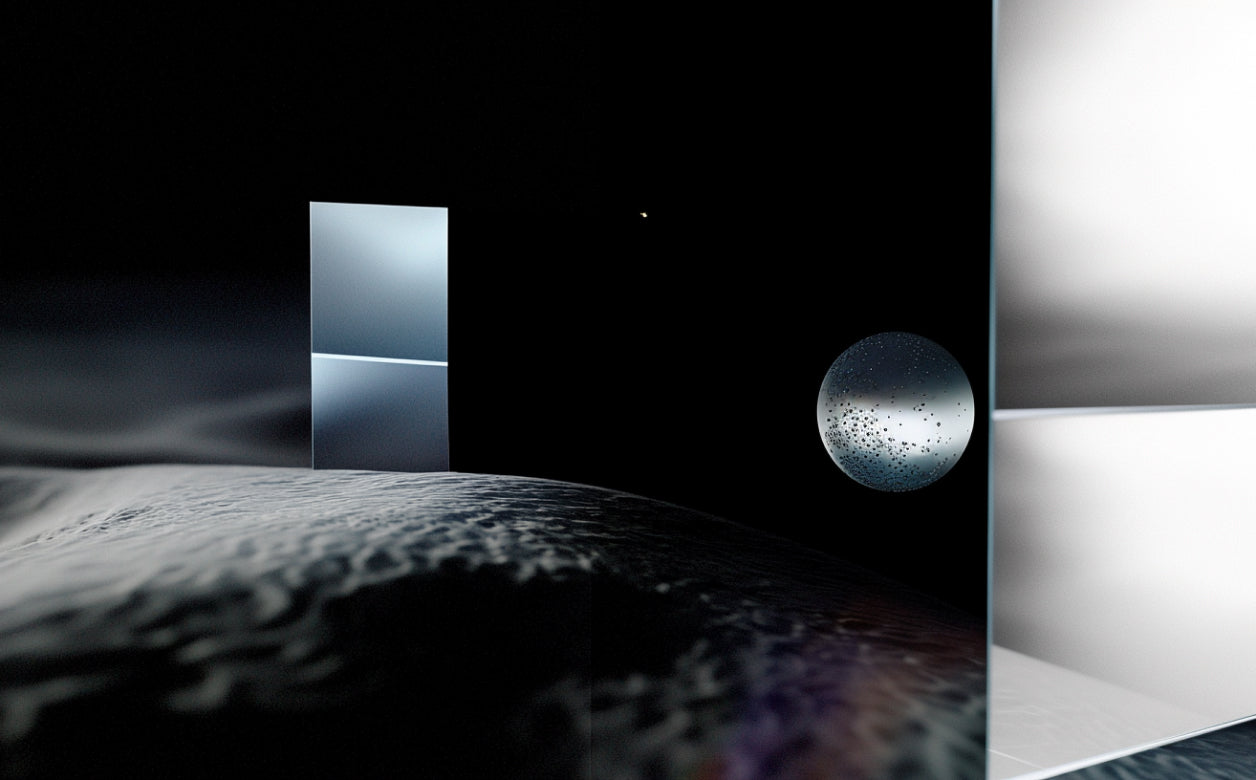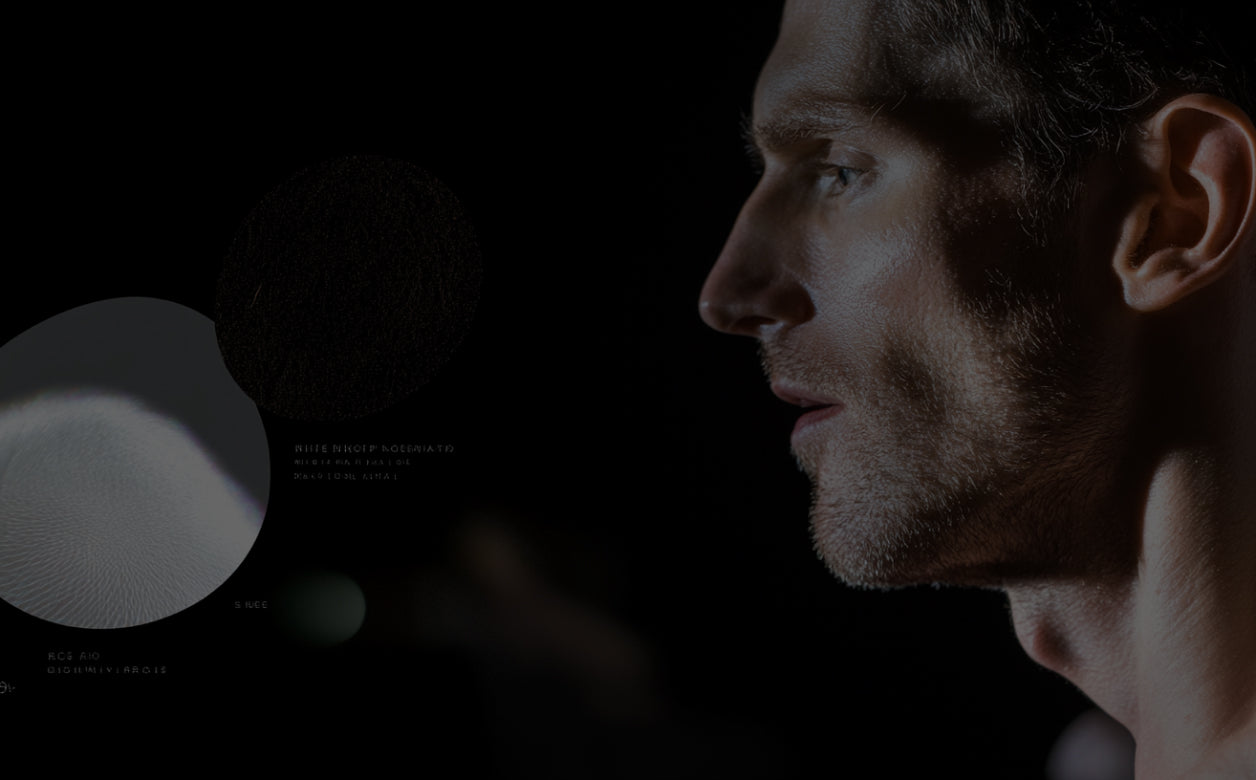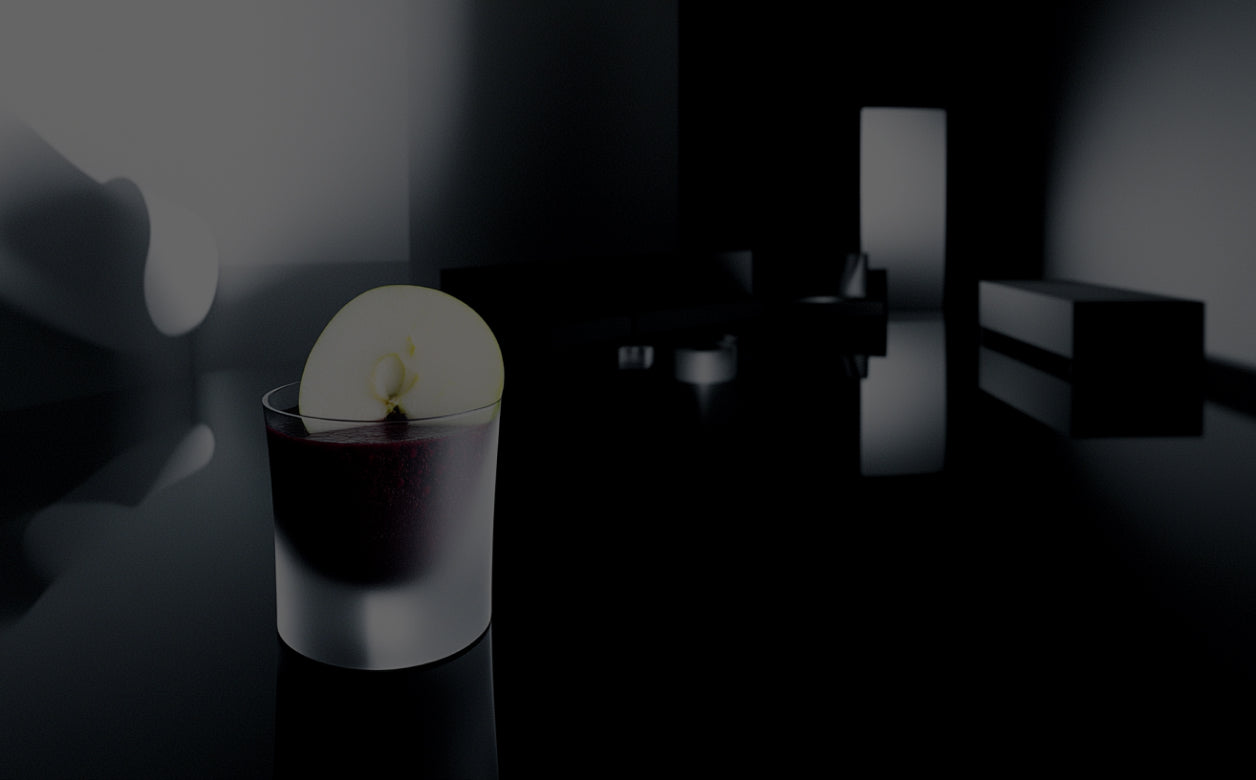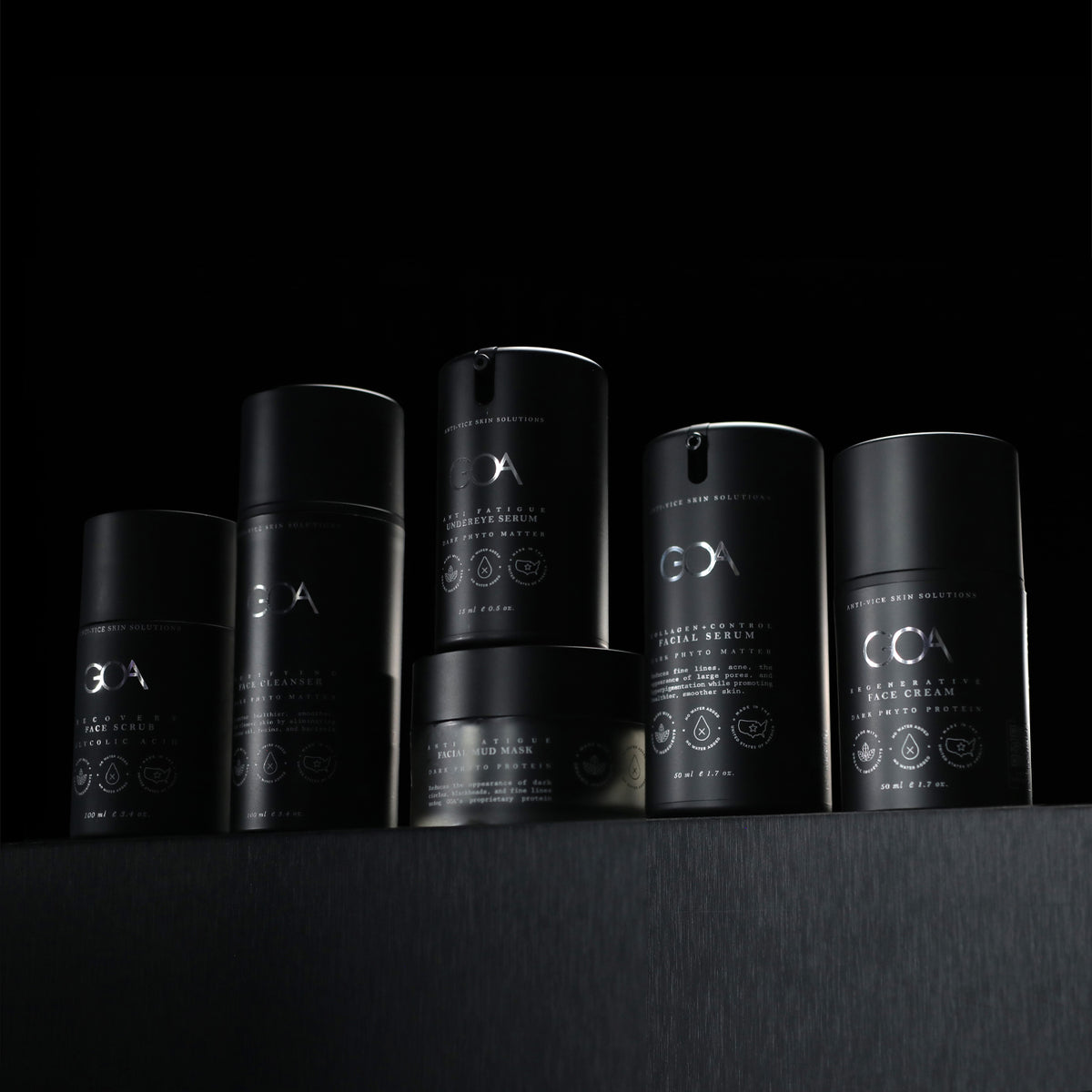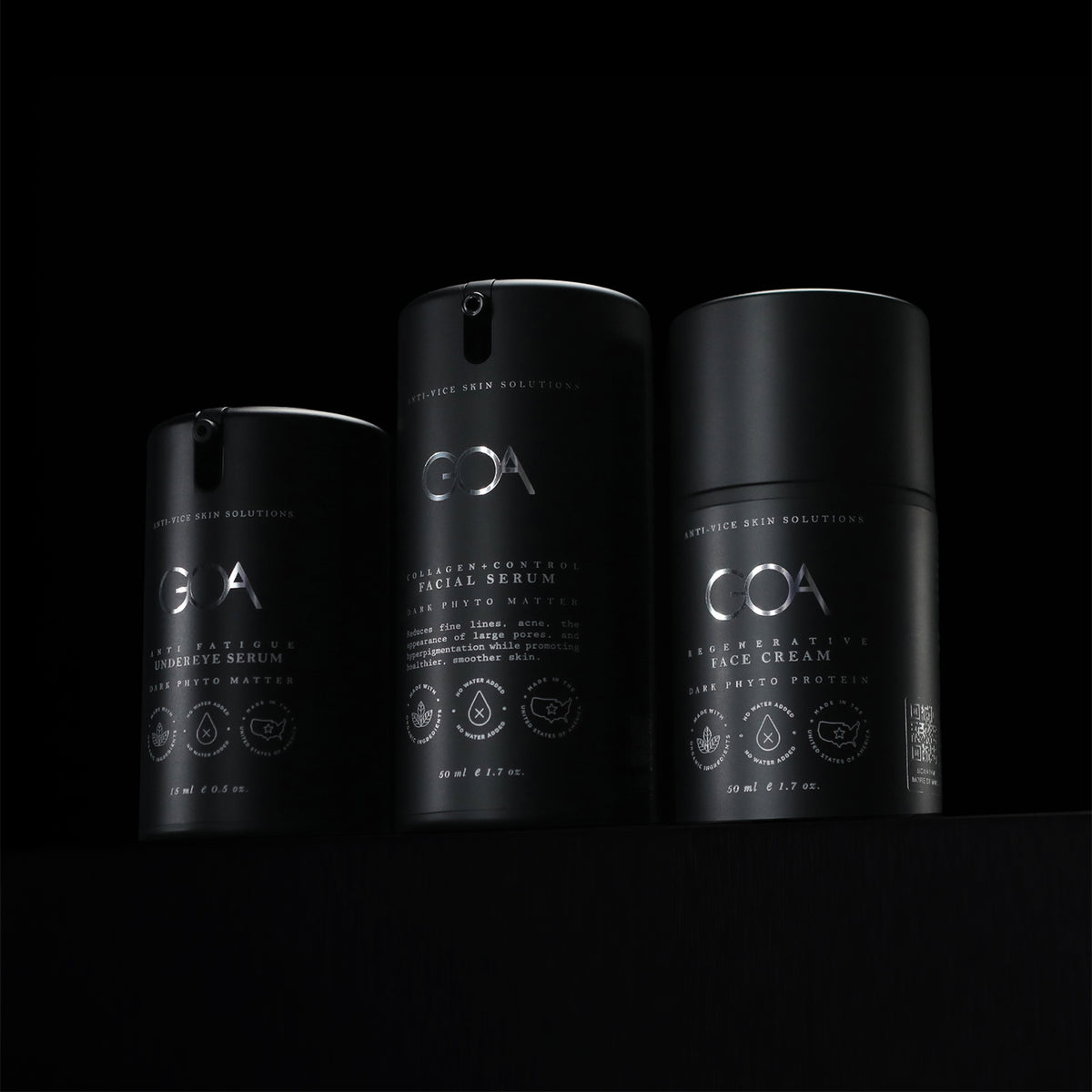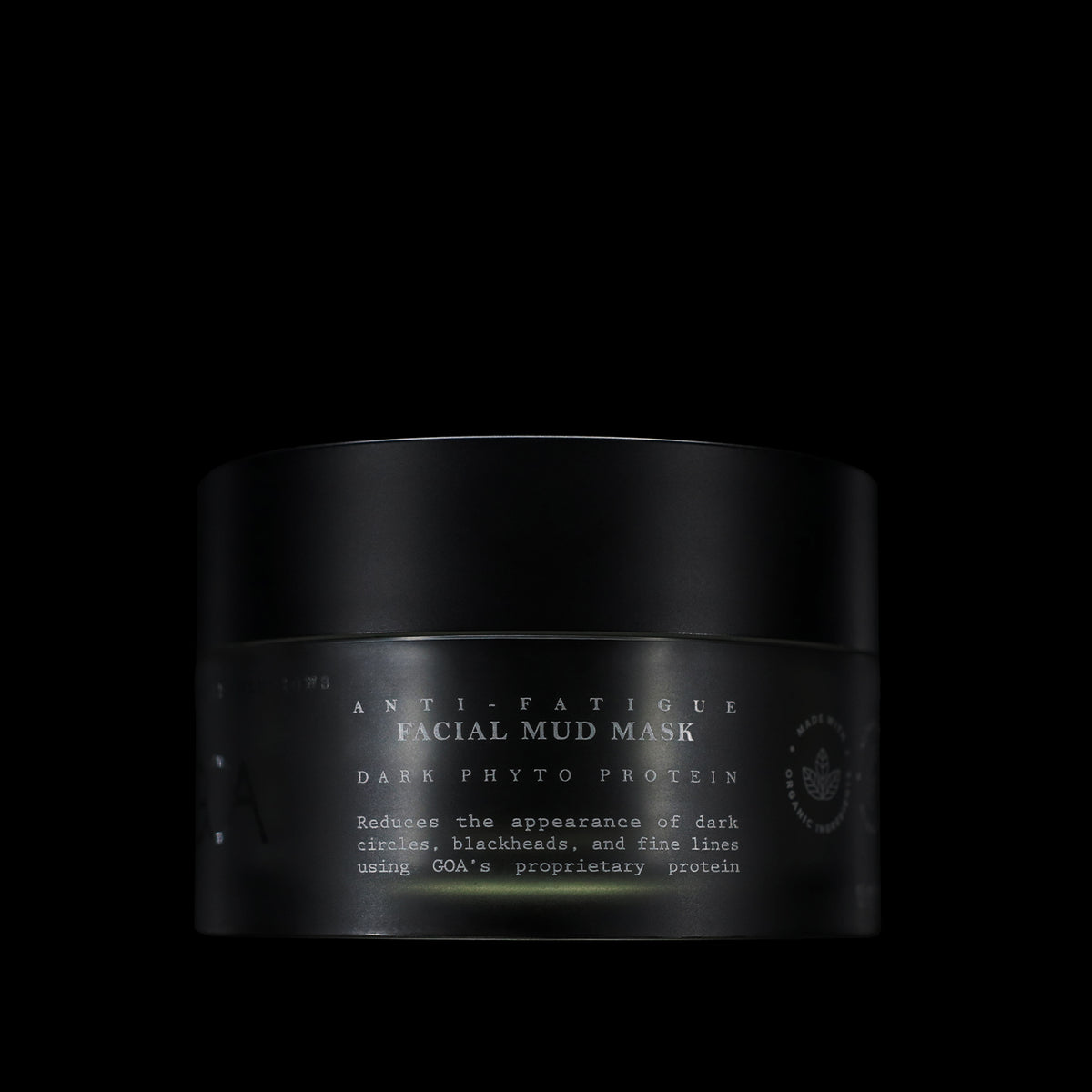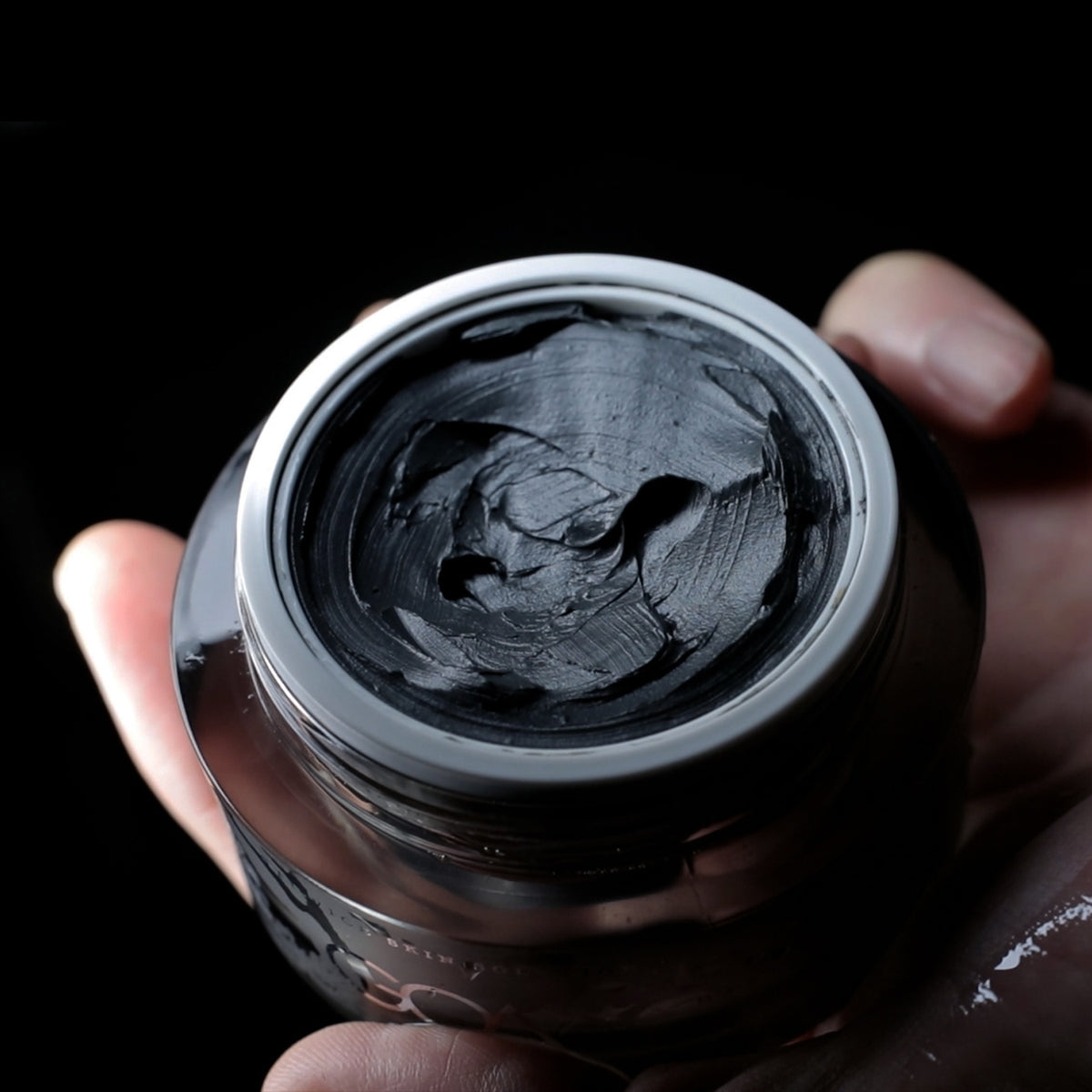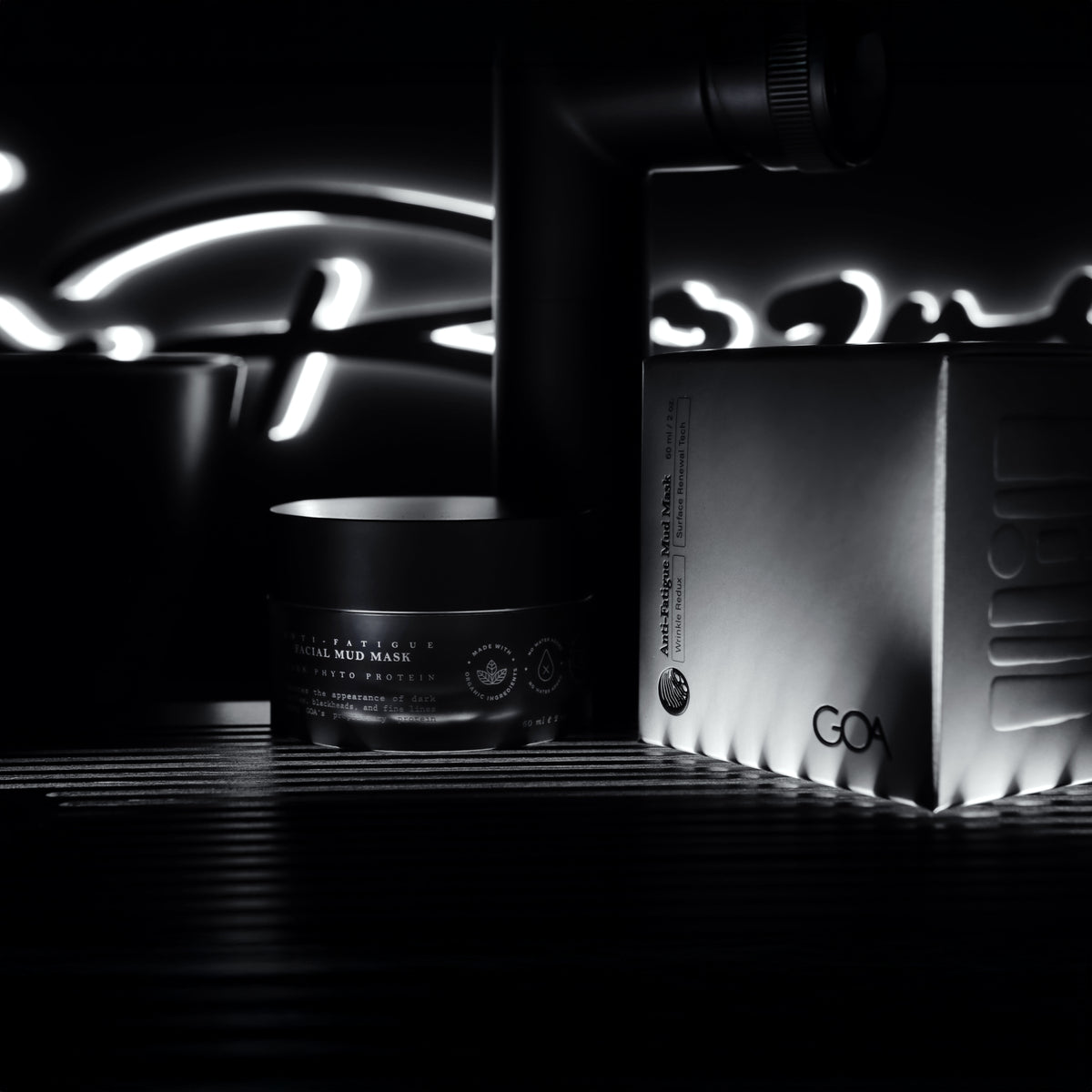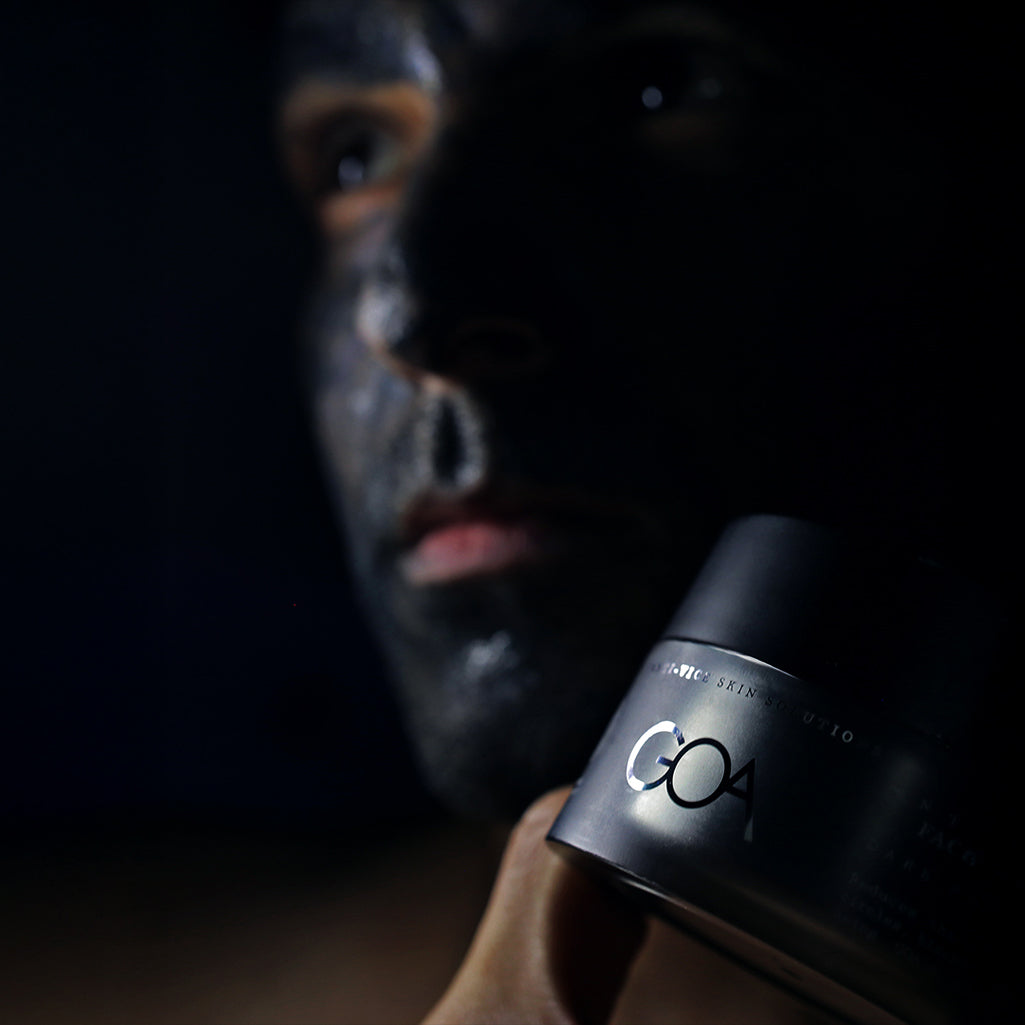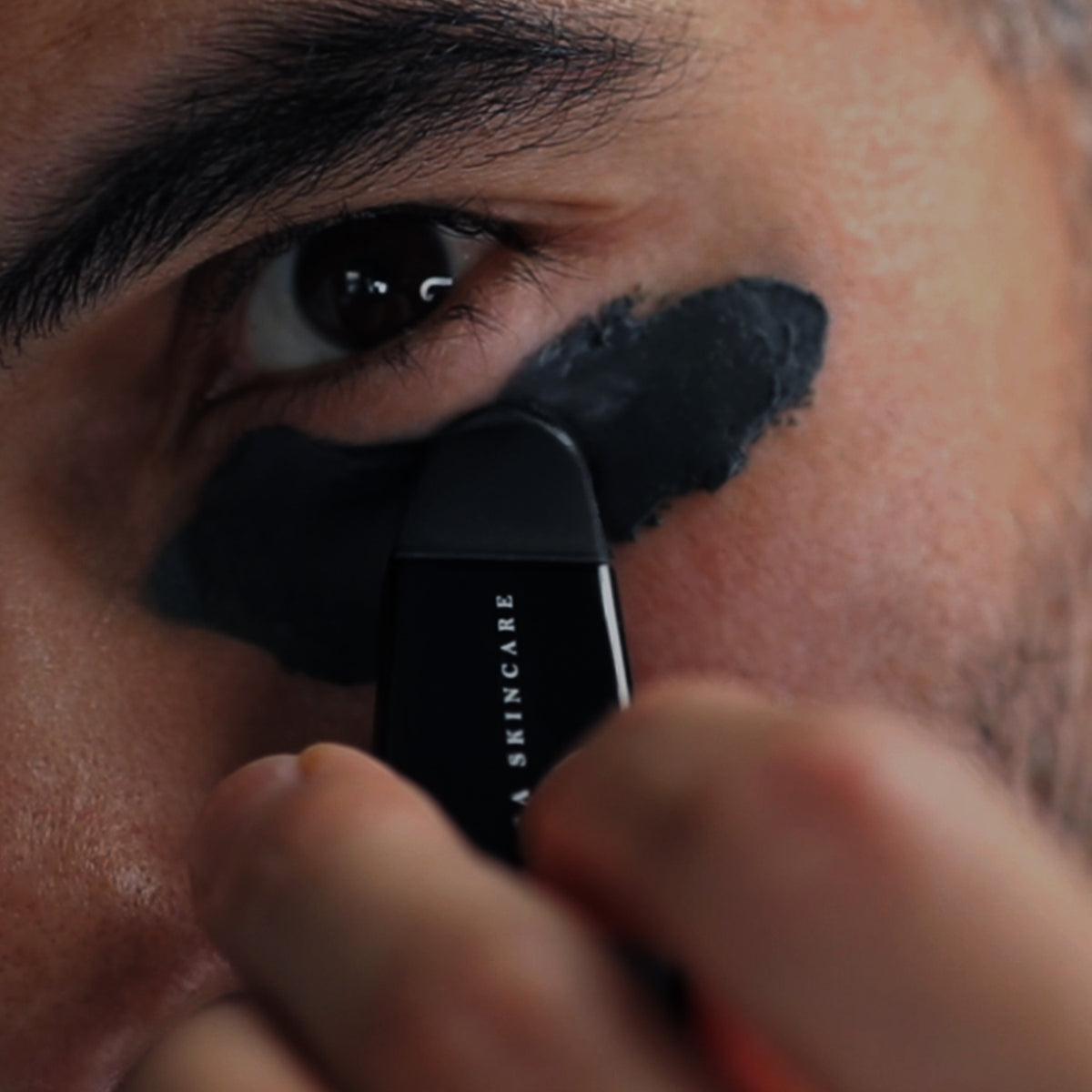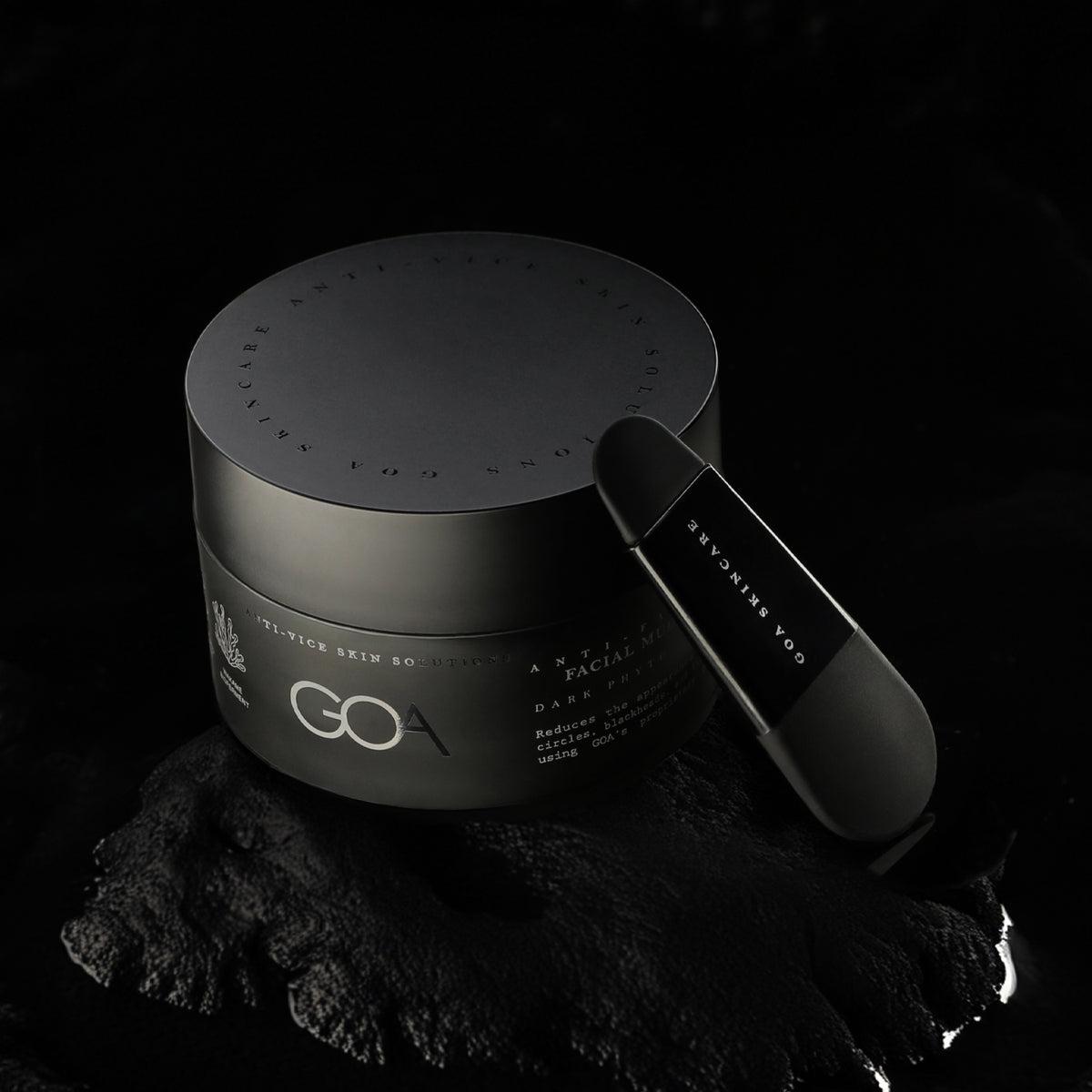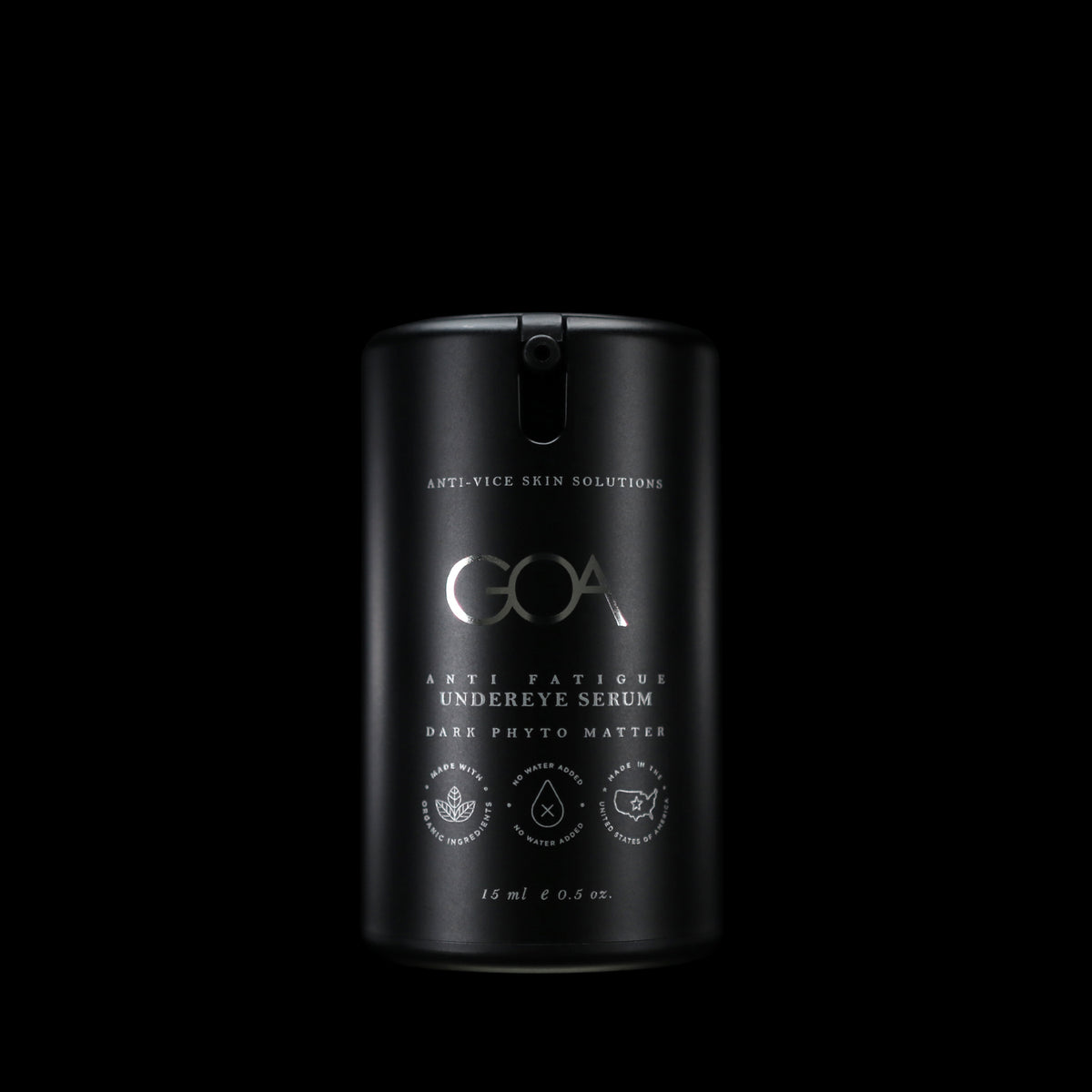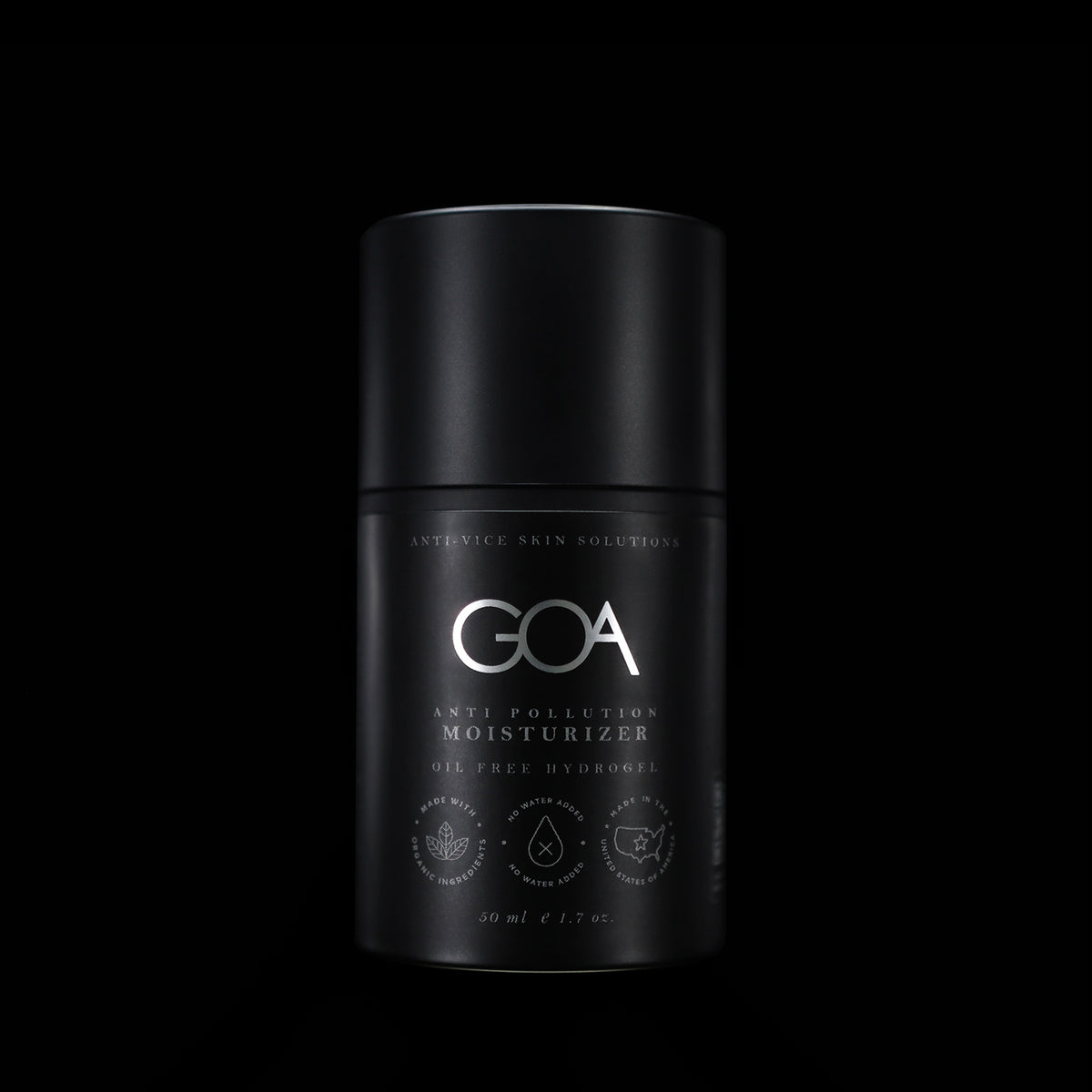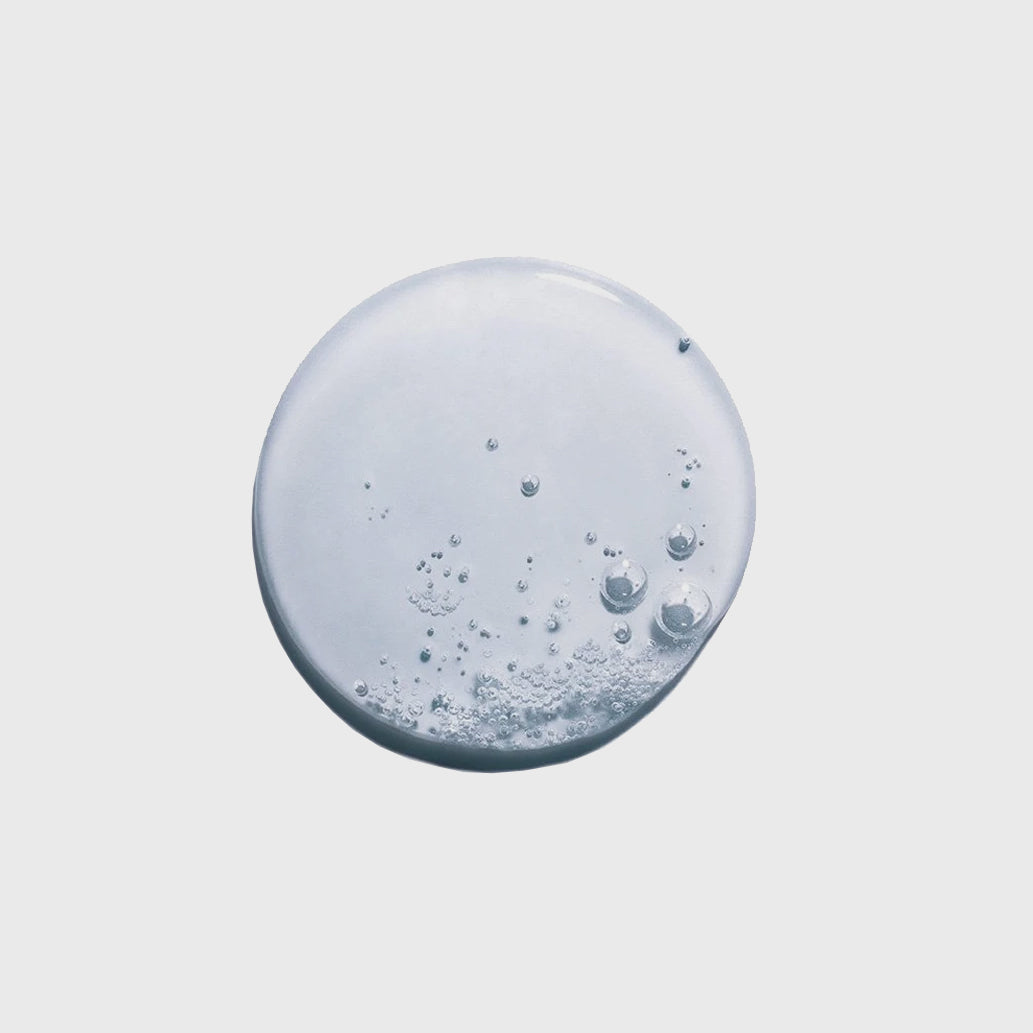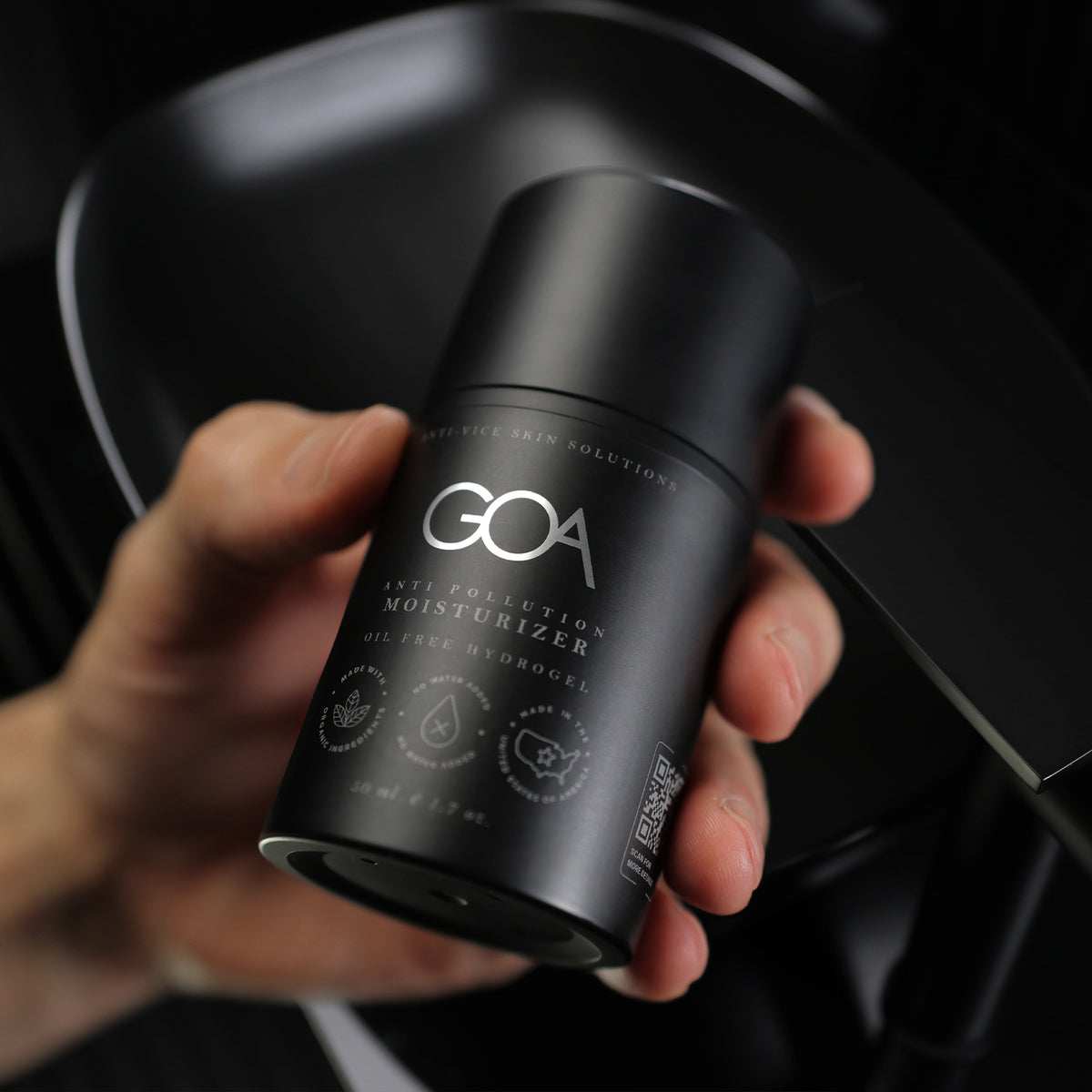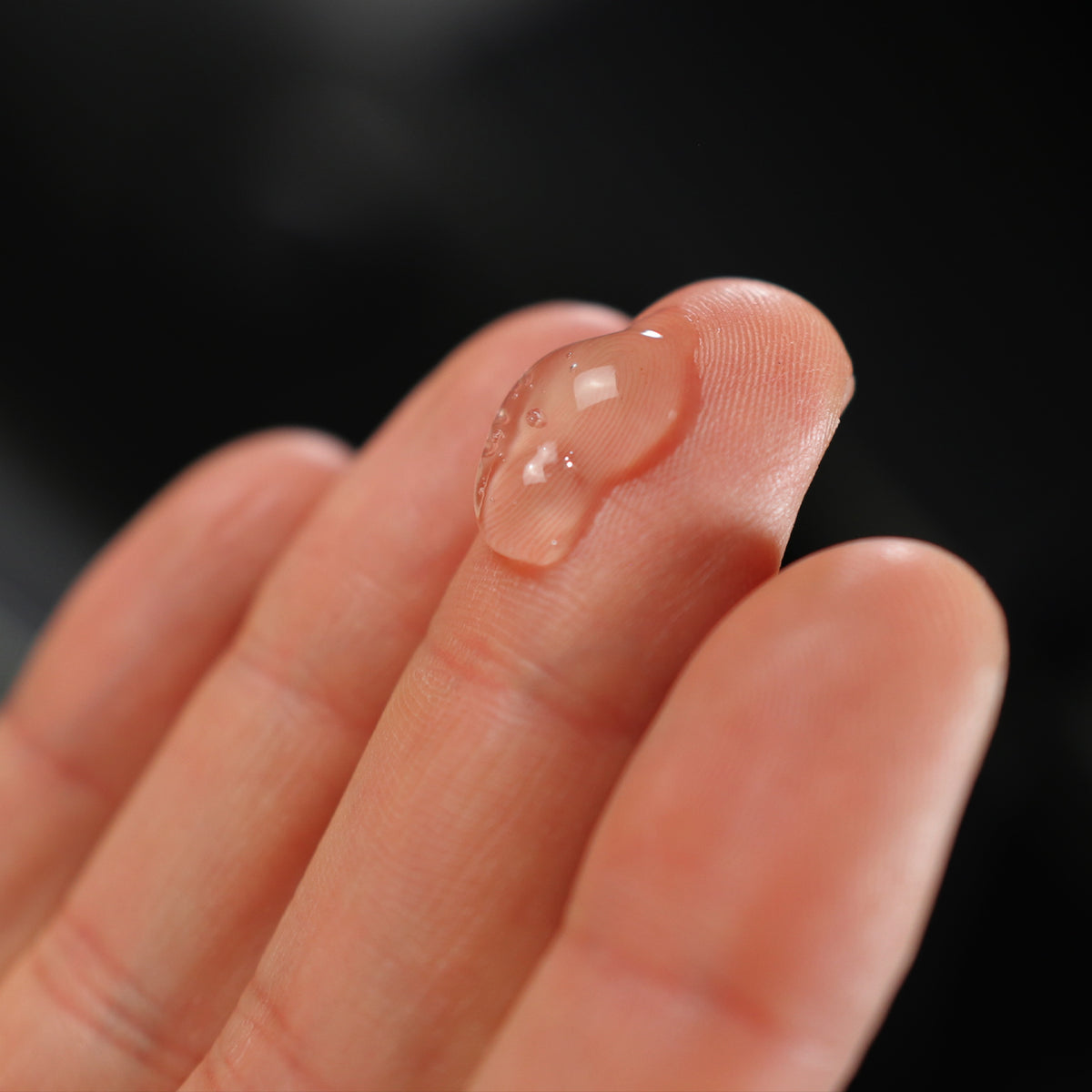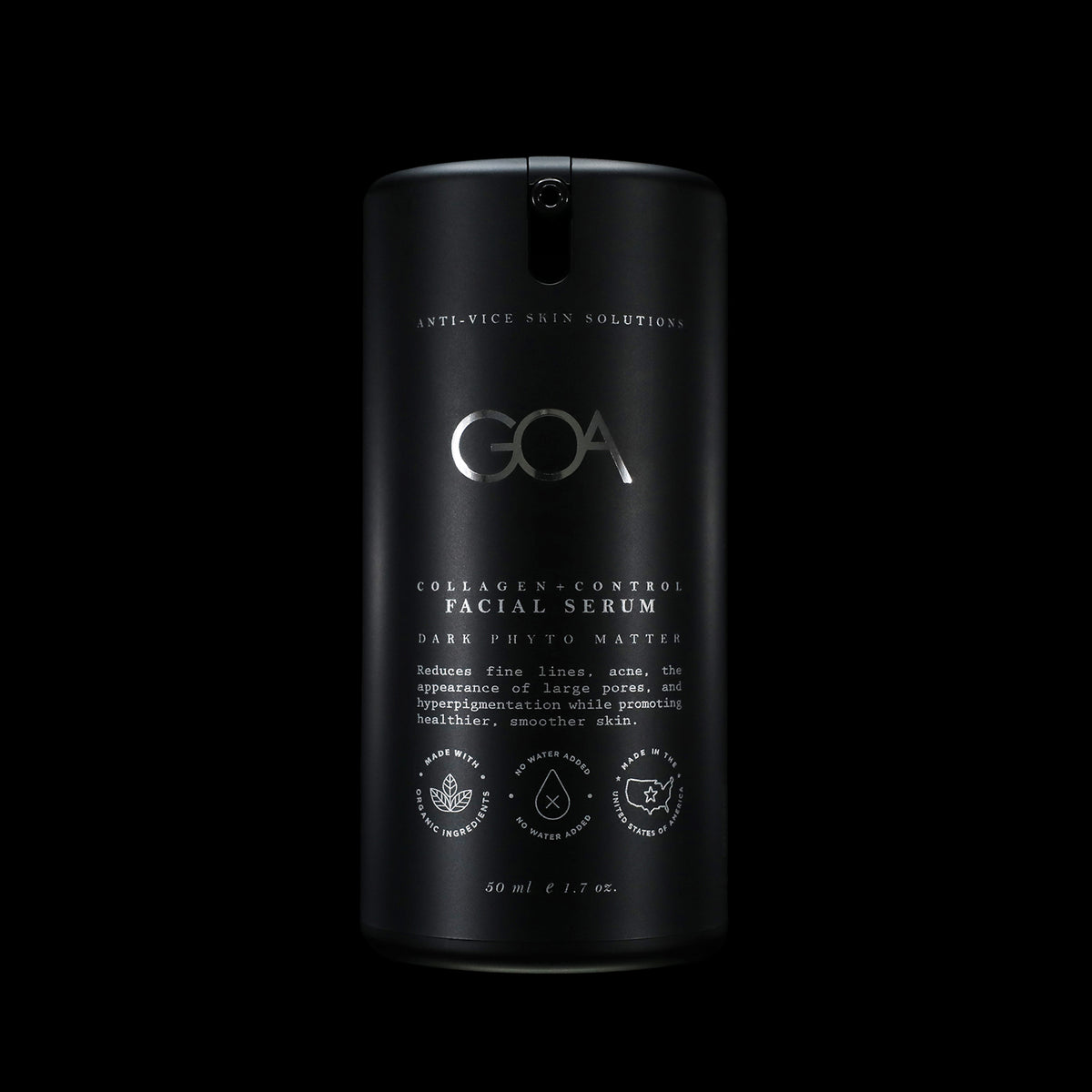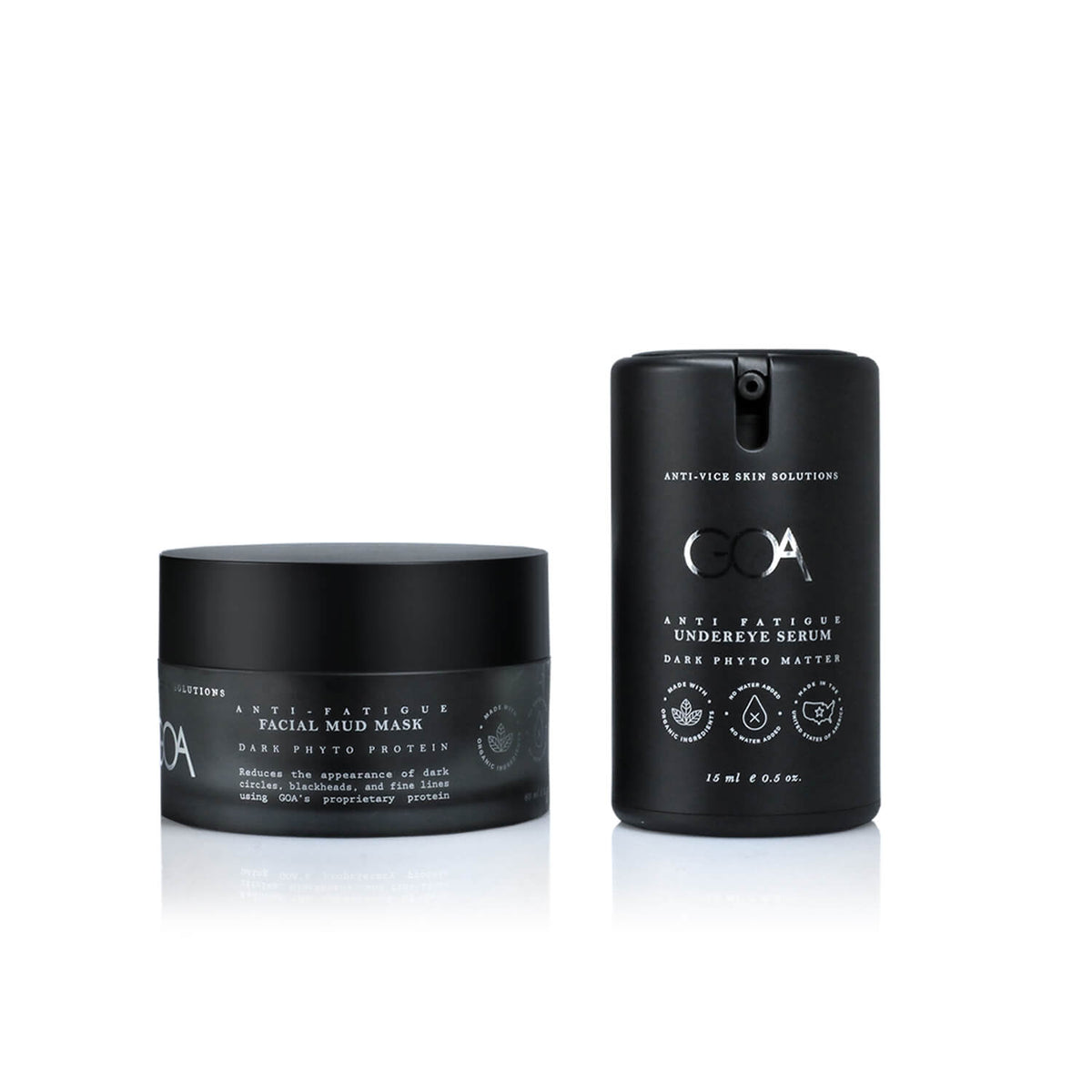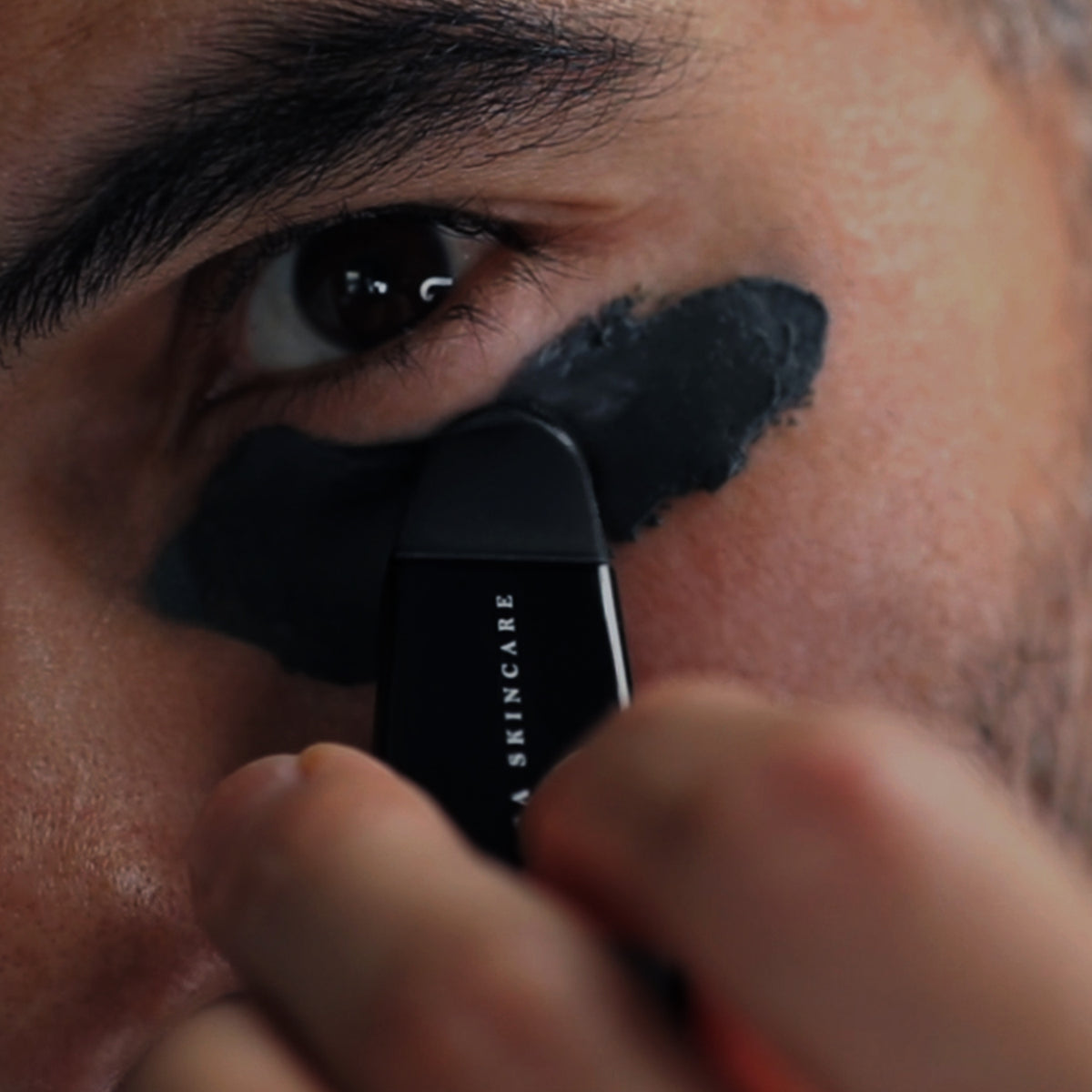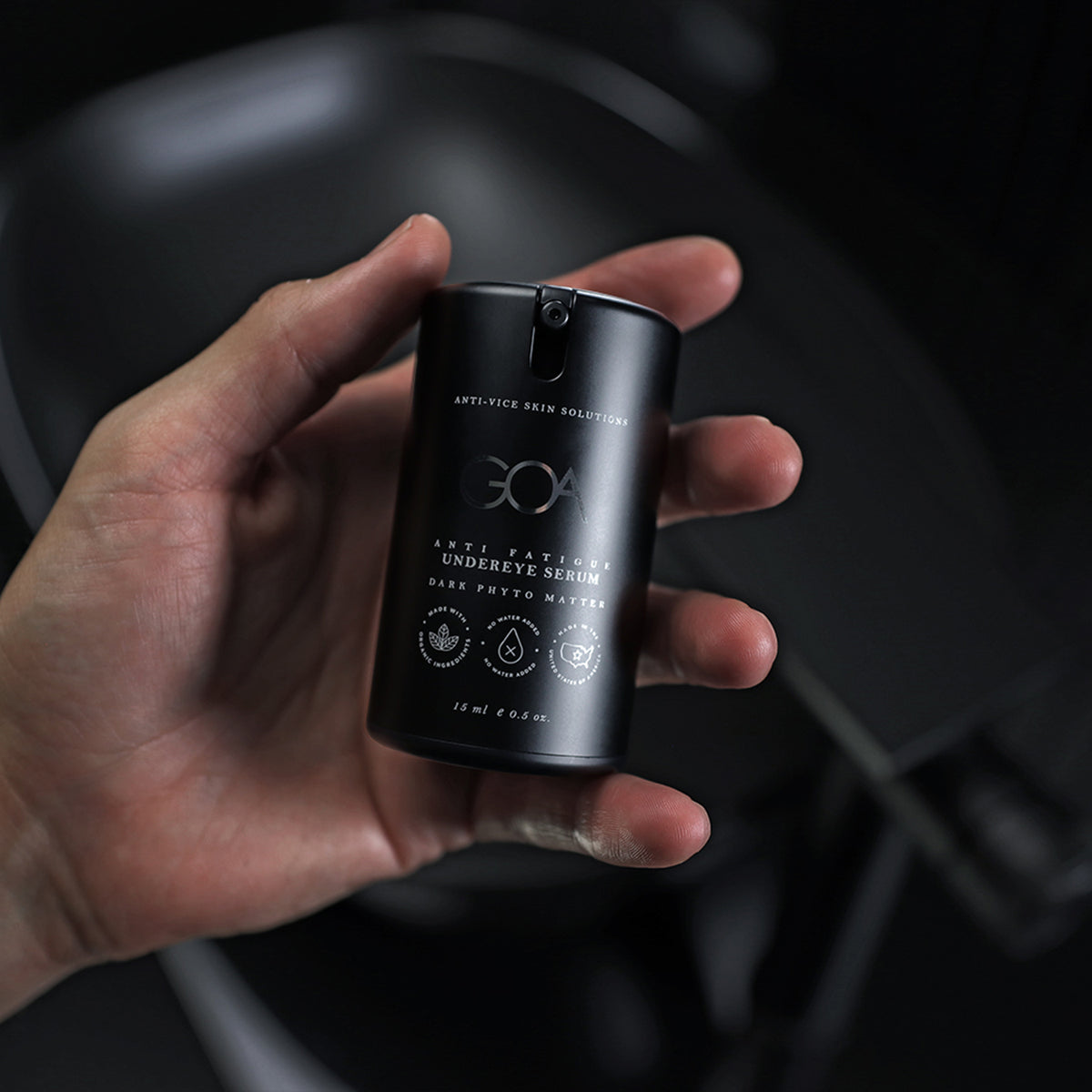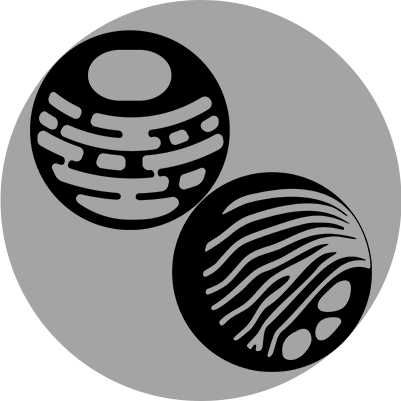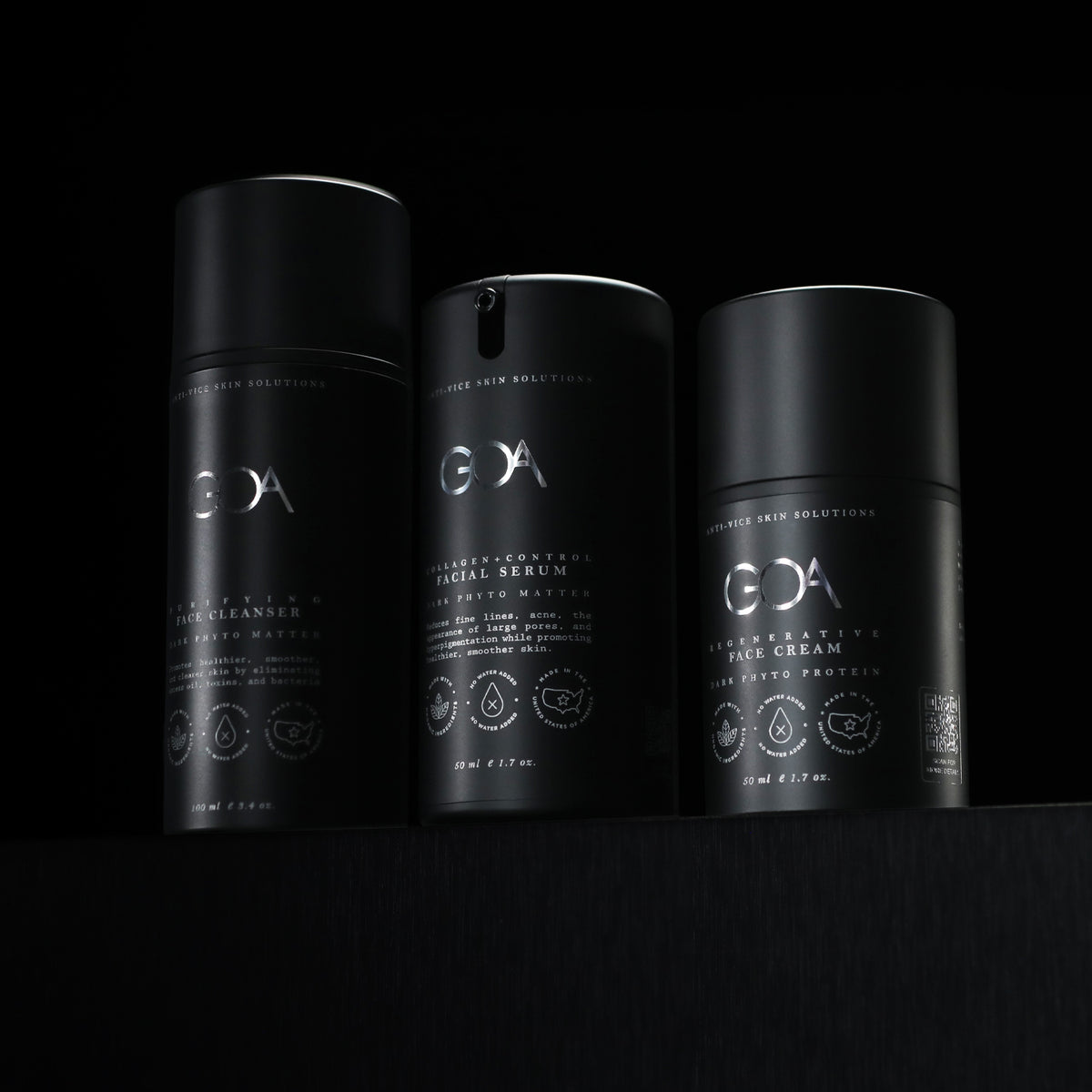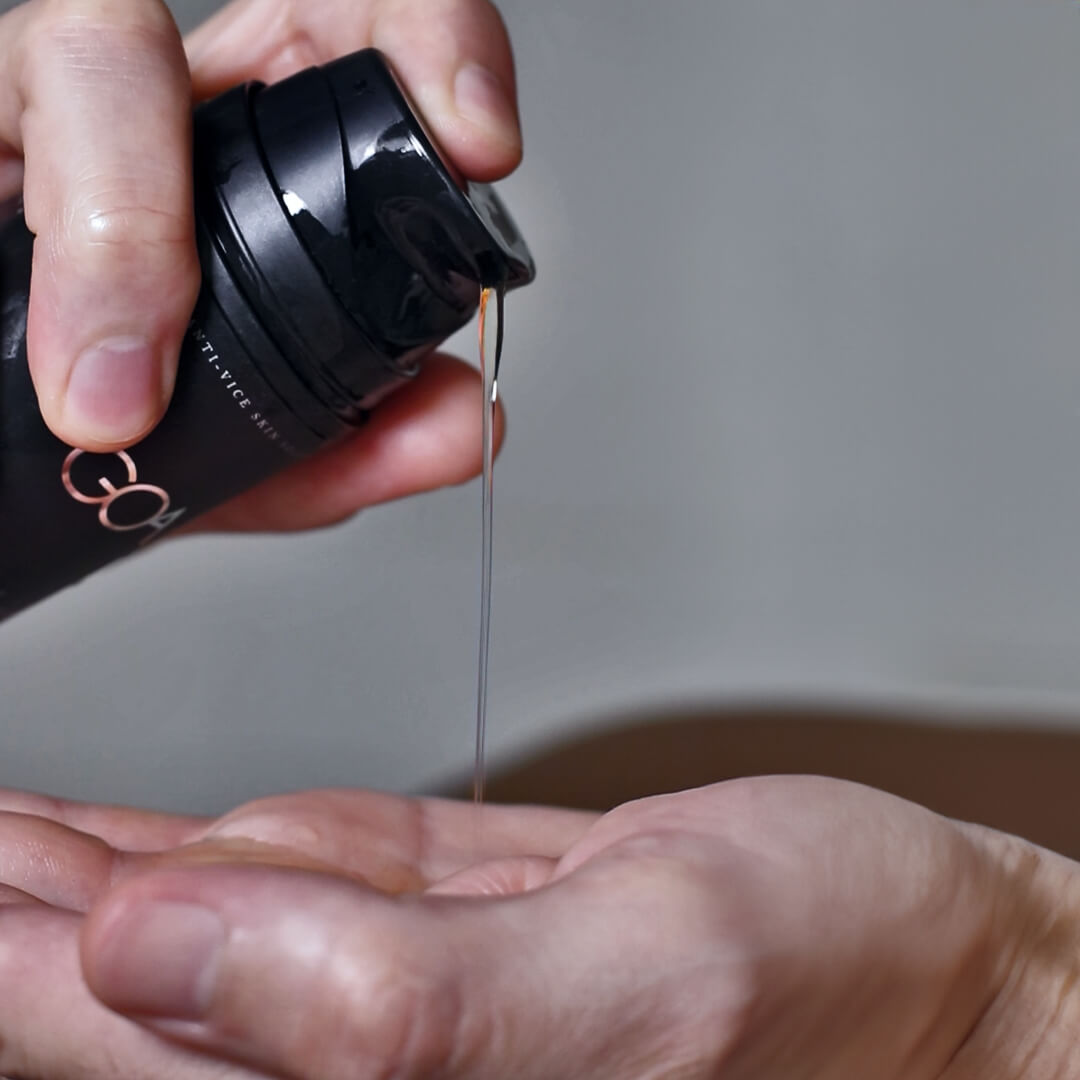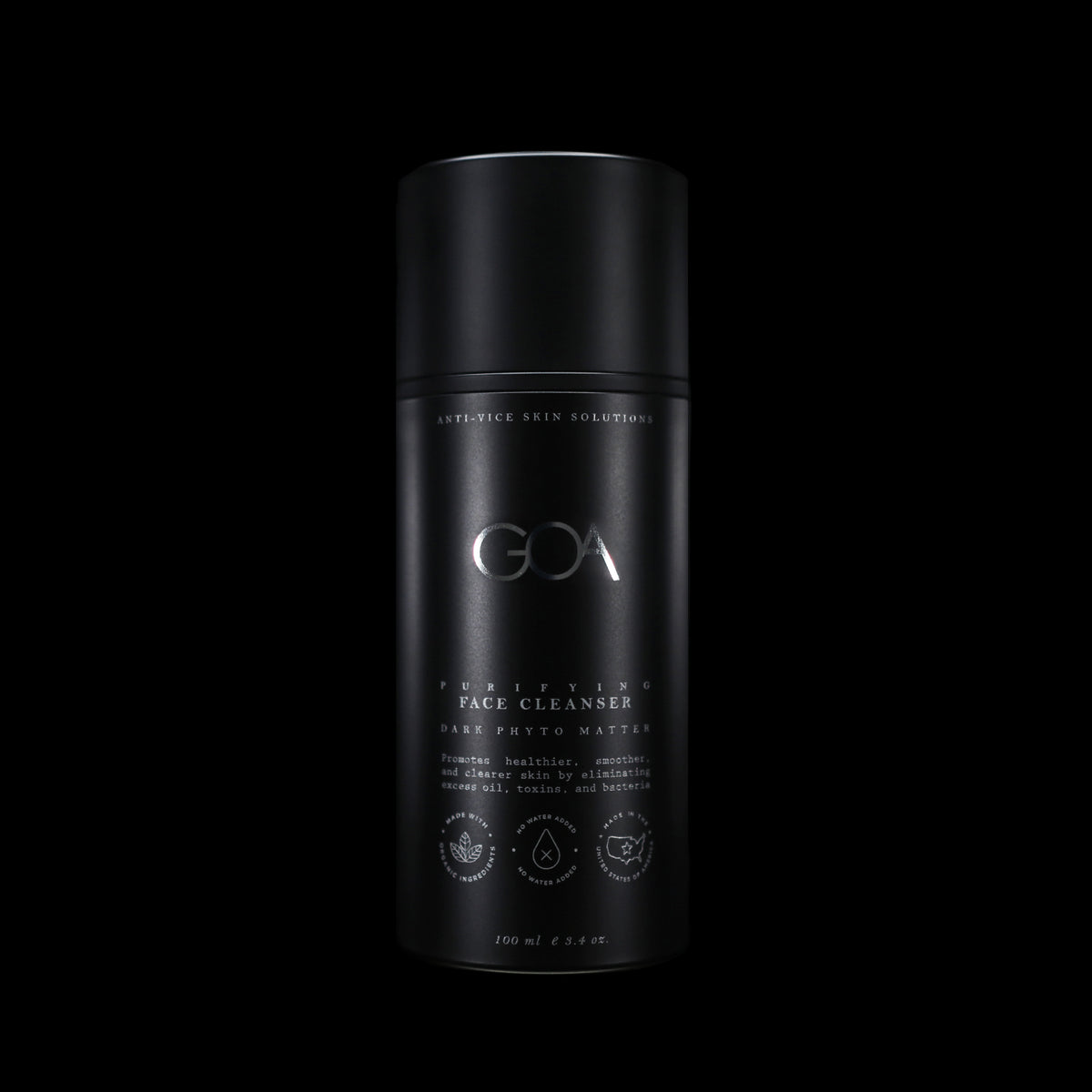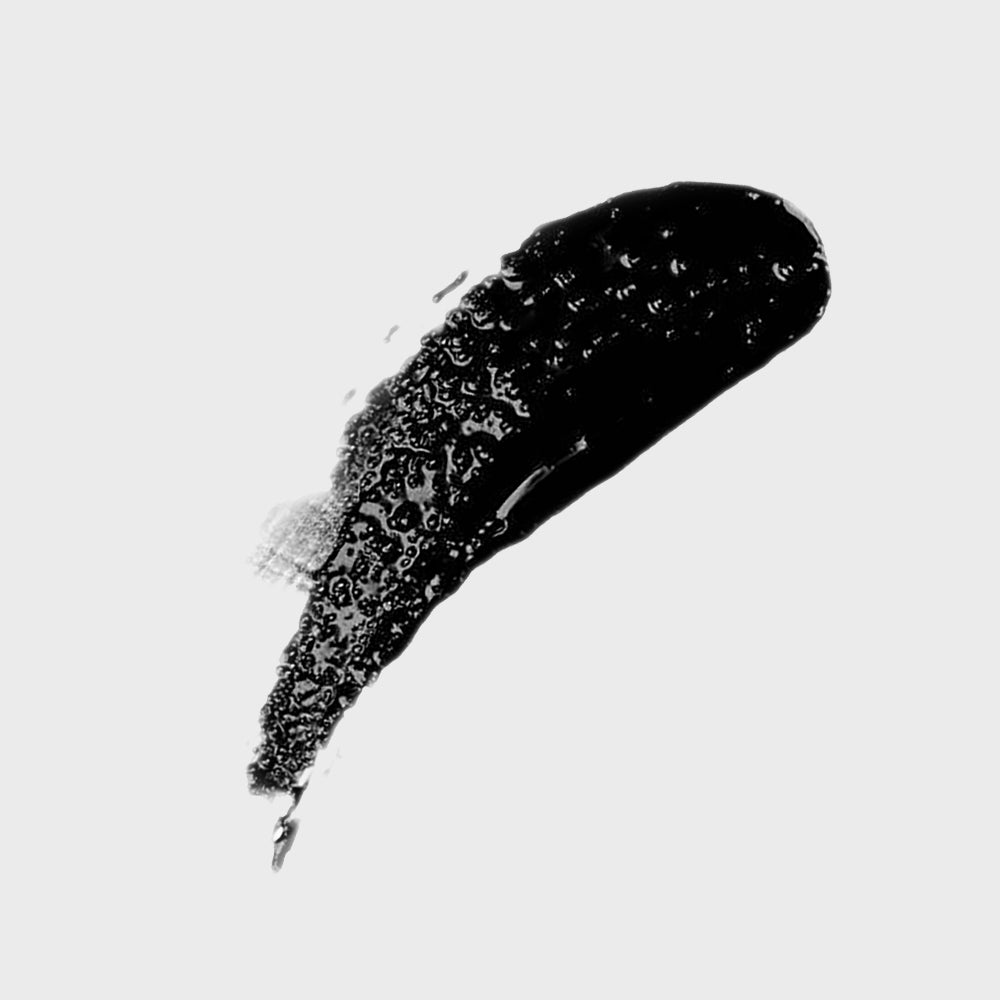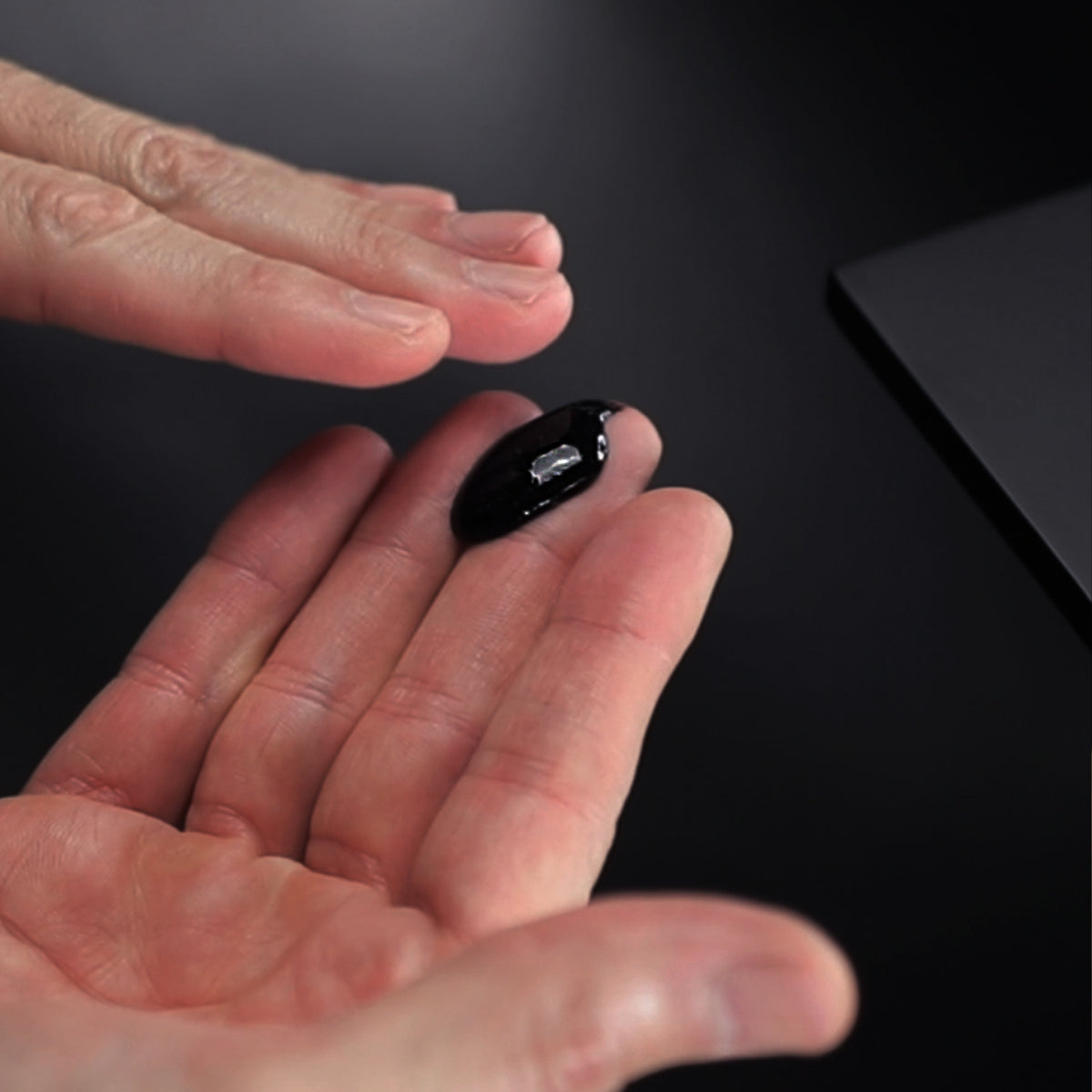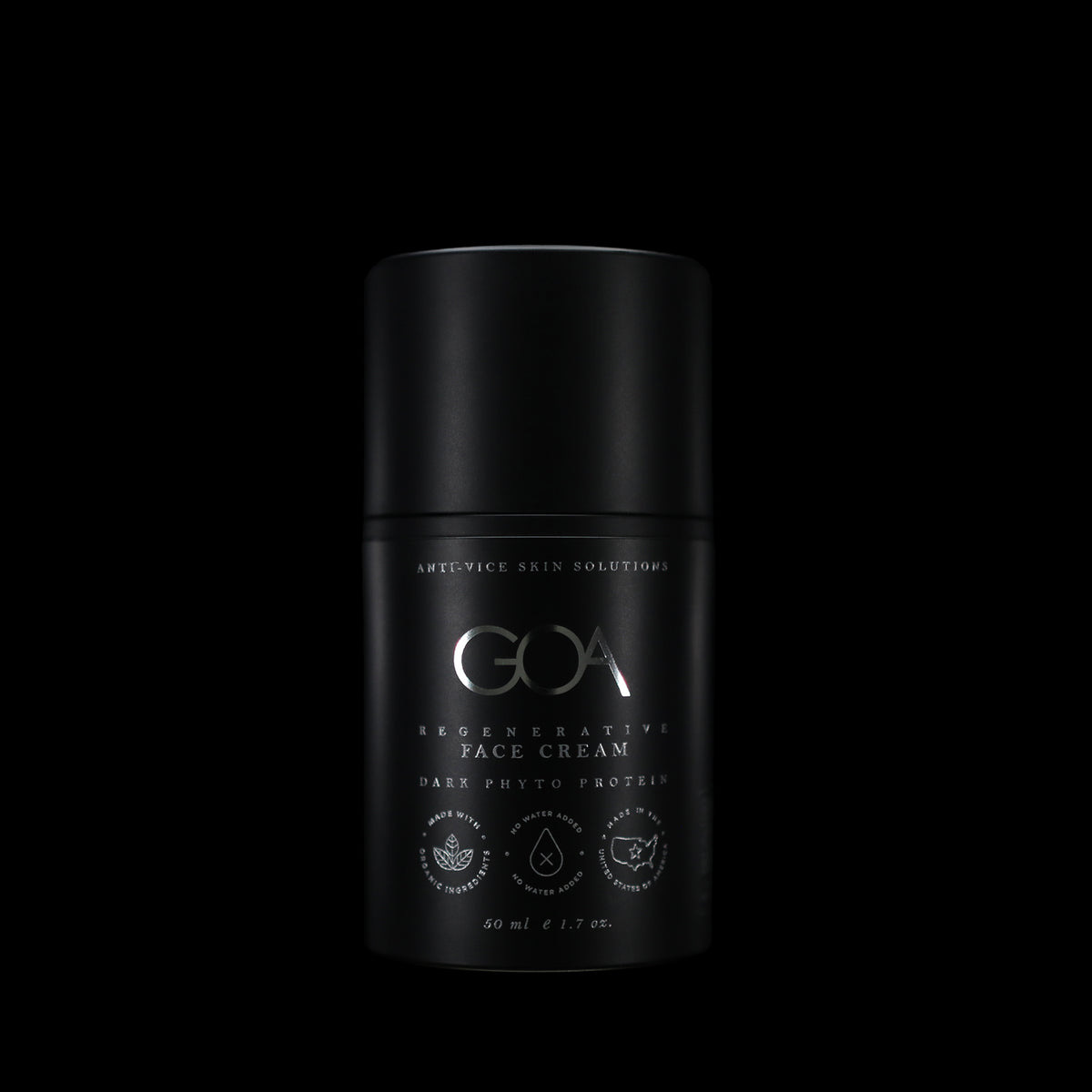Introduction:
As the winter months settle in, it's time to delve into the science of hydration and its crucial role in maintaining youthfulness. Contrary to popular belief, hydration extends beyond simply drinking water; it's an intricate balance that affects cellular health and aging.
The Science of Hydration and Aging:
At the molecular level, hydration is about maintaining optimal cellular function. Our cells, the building blocks of our skin and body, require adequate hydration to repair and regenerate. Dehydrated cells are like withered plants; they lack the vigor to perform effectively, leading to accelerated aging signs. Here's how proper hydration combats this:
Cellular Integrity: Water maintains cell volume, ensuring it functions efficiently. This includes skin cells, which, when well-hydrated, appear plump and resilient, reducing the appearance of fine lines and wrinkles.
Detoxification: Adequate hydration aids in flushing out toxins. Accumulated toxins can lead to oxidative stress, a key factor in premature aging.
Nutrient Distribution: Water is a carrier, distributing essential nutrients to cells. Nutrient-rich cells are better equipped to combat the aging process.
Contesting Standard Hydration Advice:
The often-repeated advice to drink eight glasses of water daily is an oversimplified approach. The reality is that each person's requirements for hydration are very unique and depend on a variety of factors, including diet, activity level, season, and environment. Winter, with its dry air, demands a tailored hydration strategy.
Personalized Hydration Strategy:
Here's a method to determine your unique hydration needs:
Monitor Urine Color: Aim for a light straw color. Dark urine often signals dehydration, while A completely clear color can indicate overhydration.
Consider Lifestyle Factors: If you're physically active or consume diuretics like coffee, your body may require more water.
Listen to Your Body: Thirst is an obvious indicator but often overlooked. Pay attention to subtle signs of dehydration, like dry skin and fatigue.
Hydration Through Diet: Incorporate water-rich foods into your diet. Fruits and vegetables not only provide hydration but also essential nutrients that aid in skin health.
Hydration Myths Debunked:
Myth 1: "I don't need as much water in winter as I do in summer."
Fact: Indoor heating can dehydrate the skin just as much as summer heat.
Myth 2: "Coffee and tea dehydrate you."
Fact: While caffeine has diuretic properties, moderate consumption of these beverages contributes to your daily fluid intake.
Conclusion
In winter, effective hydration is essential for youthful skin. This goes beyond simple water intake; it involves a comprehensive approach impacting cellular health and aging. GOA's products are crafted to improve the skin's hydration processes, enabling cells to repair and regenerate more efficiently. By tailoring your hydration strategy to your specific needs, you can maintain vibrant and resilient skin throughout the colder months. With GOA's support, ensure your skin stays robust and youthful.













